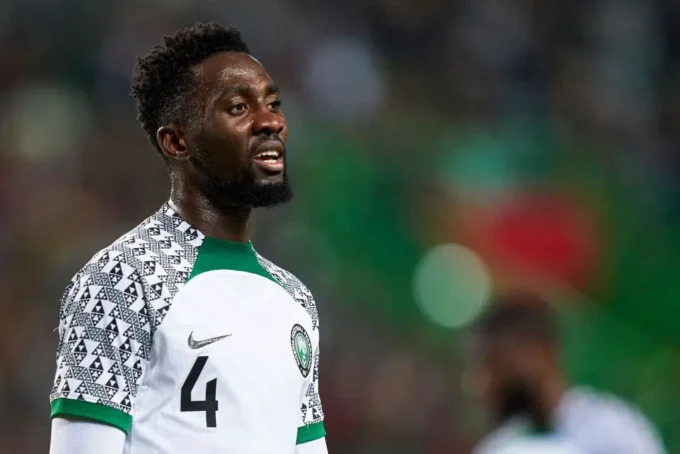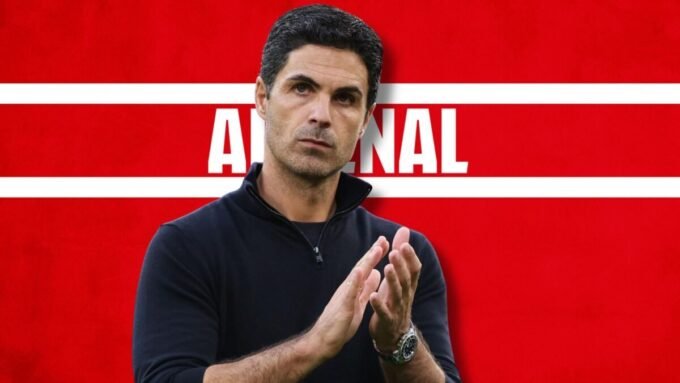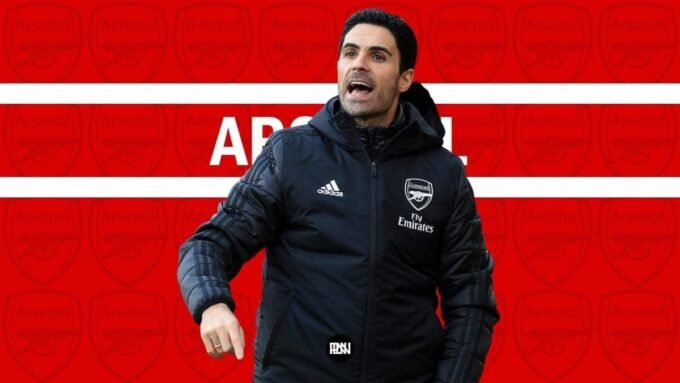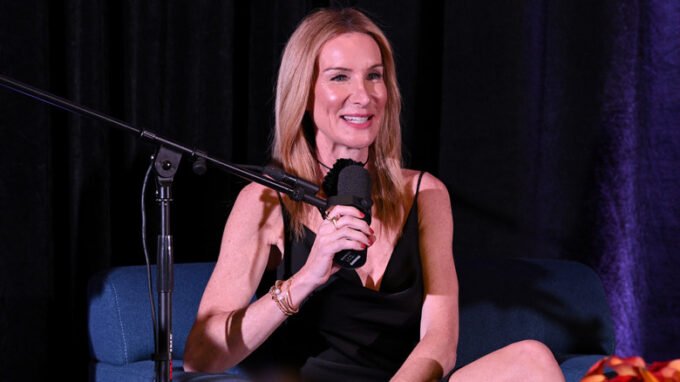Olayinka Braimoh, who ran for governor of Kogi State in 2023 on the Action Alliance ticket, has quietly — but decisively — left that party and joined the African Democratic Congress (ADC). He announced the move on a Saturday in Kabba, which is the headquarters of Kabba-Bunu local government. It was straightforward enough as a statement, but if you listen closely there’s more to it than just a change of party card. There’s impatience, hope, and a clear desire to see things done differently in Kogi. Or at least that’s how I read it.
Why he left — and why join ADC
Braimoh says the switch is driven by a wish to bring change to the leadership landscape in Kogi. He framed the decision not as an impulsive leap, but as a step toward a broader goal: to have people with the right mindset team up and try to move Kogi out of stagnation. He believes ADC offers that platform — a “bigger and better” space where his vision for the state might actually find traction.
He didn’t use grand, sweeping promises. He spoke in practical terms: more like someone tired of watching potential go unused. “Kogi State is below in terms of leadership performance,” he said, pointing to what he sees as a mismatch between the talent at hand and the results being delivered. That line caught my attention because it’s simple and, frankly, relatable. Many people say it in different ways: a place is rich with talent yet poor in outcome. It’s a familiar frustration.
Also read: Planning to Step Back at Sixty — Obi Cubana’s Next Act
Calls for unity — and a bit of impatience
One of the themes in Braimoh’s remarks is coalition and teamwork. He talks about “like minds” coming together to tackle problems — poverty and lack of vision, specifically. That language makes it clear he isn’t promising change by himself. He’s asking others to climb aboard the ADC “train,” to use his own metaphor. I found that word choice interesting — trains move together or not at all, and once they’ve left the station it can be hard to catch up. So there’s urgency implied. Join early or you get left behind. Maybe that’s a bit dramatic, but it’s effective as a political nudge.
You can also hear a hint of frustration in his tone about leadership opportunities. He says the best people haven’t had a chance to lead. That’s a lament many politicians make — yet he pairs it with action. He didn’t just complain; he changed course. To me, that adds credibility. It’s one thing to criticize, another to try a different route.
What this might mean for Kogi
Switches like this can be small ripples or the beginning of bigger waves — depends on how many people follow and whether the ADC actually delivers on the promise of being a more effective platform. Braimoh paints ADC as a coalition with capable people and the right kind of structure to contest more effectively. But casting a party as “bigger and better” is a subjective call. It might be accurate in this context; it might be hopeful talk. Politics often sits somewhere between reality and aspiration. I think he’s trying to bridge that gap.
It’s worth noting that his focus is not just about winning a contest. The language he uses — moving “the mountain of poverty and visionless leadership” — suggests an intention for structural change, or at least a long-term push. Whether ADC has the resources, organization, and reach to change the day-to-day lives of people in Kogi is another question. I’m cautious about such claims — and maybe he should be too — but I also appreciate leaders who at least aim beyond short-term gains.
A closer, look
If you listen to Braimoh’s announcement, you can hear more than policy language. There’s the tone of someone who’s seen the system from inside and decided to try a different path. That personal element matters. It makes the move feel less like a tactical switch and more like a conscious decision shaped by experiences and frustrations. I don’t know him personally, but when politicians talk about “the calibre of persons” in a party, they’re often signaling the kinds of people they intend to work with — advisers, local leaders, technocrats. That could be meaningful if those people are genuinely committed to reform.
Also read: Davido’s Quick Blessing — A Meeting That Meant More Than Words
At the same time, there’s a tiny bit of rhetorical polish. Calling ADC a platform where his vision “can be actualised” is polished political phrasing — not bad, just typical. Still, polishing aside, there’s a streak of sincerity. He’s asking the people of Kogi to be part of the effort; that’s an appeal to the community rather than to individual ambition.
Unanswered but important questions
Several questions linger, and they matter. How will his former party react? Will others follow him to ADC? What concrete steps will he take within the new party to push for change? He talks broadly about vision and leadership gaps, but specifics are missing — understandably, perhaps. Announcements often precede detailed plans. I’d like to see follow-up: policy outlines, grassroots organizing, timelines. If he wants to move “mountains,” as he said, a map and some tools would help.
Even without those details, the move is notable. It reflects active political sorting in Kogi: actors repositioning to match their ambitions and beliefs with parties they feel can help them achieve those aims. Sometimes that’s cynical. Often it’s practical. Here, I lean toward practical — a politician changing course because he believes another party better aligns with what he wants to do. And yes, there might be a measure of hope in that.
Final thought
Party switches are part of political life. They can be signs of opportunism, sure. But they can also be small acts of belief when someone decides a new environment might actually let them work toward their ideas. Braimoh’s move to ADC reads like that mix: a bit of impatience, a bit of hope, and a public nudge to others in Kogi to join the effort. Time will tell if this becomes a ripple or a wave.






































Leave a comment